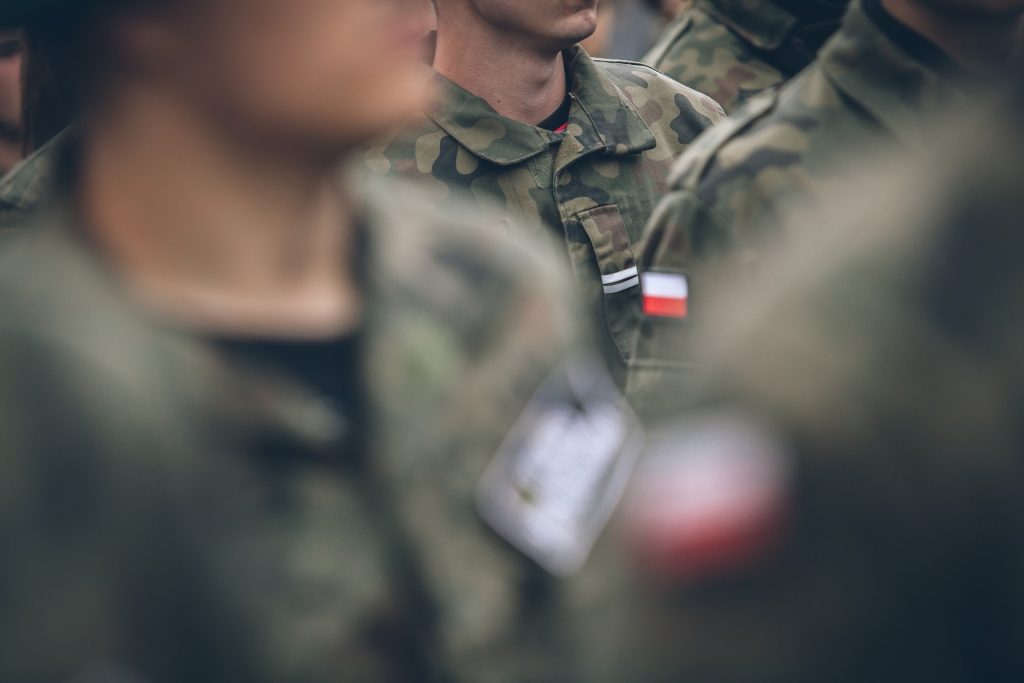Wednesday, December 12, 2018

“At the point of my diagnosis [traumatic brain injury], I had 22 concussions, 7 herniated disks and I still have a bullet in my arm and a bunch of other things that [came] with the job. …I was a very high performer [both] physically and mentally, but I got to a point where my nervous system was failing. I describe it as the check engine light was on. And [I thought] it’ll [engine light] go off—the vehicle is working fine. [I] couldn’t feel anything so [I] kept going. At some point, if you don’t get it [vehicle] serviced, it’s going to stop [working] when you need it the most.”
—Jeff Nichols, Exercise Physiologist and Former Navy Seal, 2017 BrainFutures Conference
Former Navy SEAL Jeff Nichols survived double-digit deployments, 22 concussions and countless injuries during his 11 years of military service. Before he sought treatment, he battled sleep deprivation, excruciating pain and a very stressed central nervous system. Today, Jeff is the strongest, healthiest and happiest he’s ever been thanks to Dr. John Sullivan’s science-based brain program.
Jeff’s story is similar to the hundred thousands of individuals who serve in the armed forces. According to the National Council for Behavioral Health, approximately 730,000 men and women of active duty and reserve military personnel deployed in Iraq and Afghanistan have a mental health condition requiring treatment, with many experiencing post-traumatic stress disorder (PTSD) and major depression. Less than 50 percent of returning veterans in need receive any mental health treatment. Sadly, as a result, the U.S. Department of Veteran Affairs reports that the suicide rate among veterans is 1.5 times higher than non-veteran adults.
Untreated mental illnesses may aggravate difficulties for some individuals, says the National Institute of Health (NIH).
Because mental health issues such as depression, anxiety, alcohol misuse and PTSD are becoming more prevalent among military veterans, researchers are examining the efficacy of psychological interventions and psychosocial interventions. After decades of research, researchers have found that cognitive behavioral therapy (CBT) is associated with significant engagement and reductions in symptoms of depression, as well as improved quality of life for homeless veterans. Additionally, CBT has been shown to be as effective as antidepressants and a treatment option for alcohol and illicit drug use.
Poor mental health is highly prevalent among military veterans. As the number of veterans struggling with mental illnesses increase, there is a call to action to implement effective policies and programs that better address brain illnesses of returning veterans.